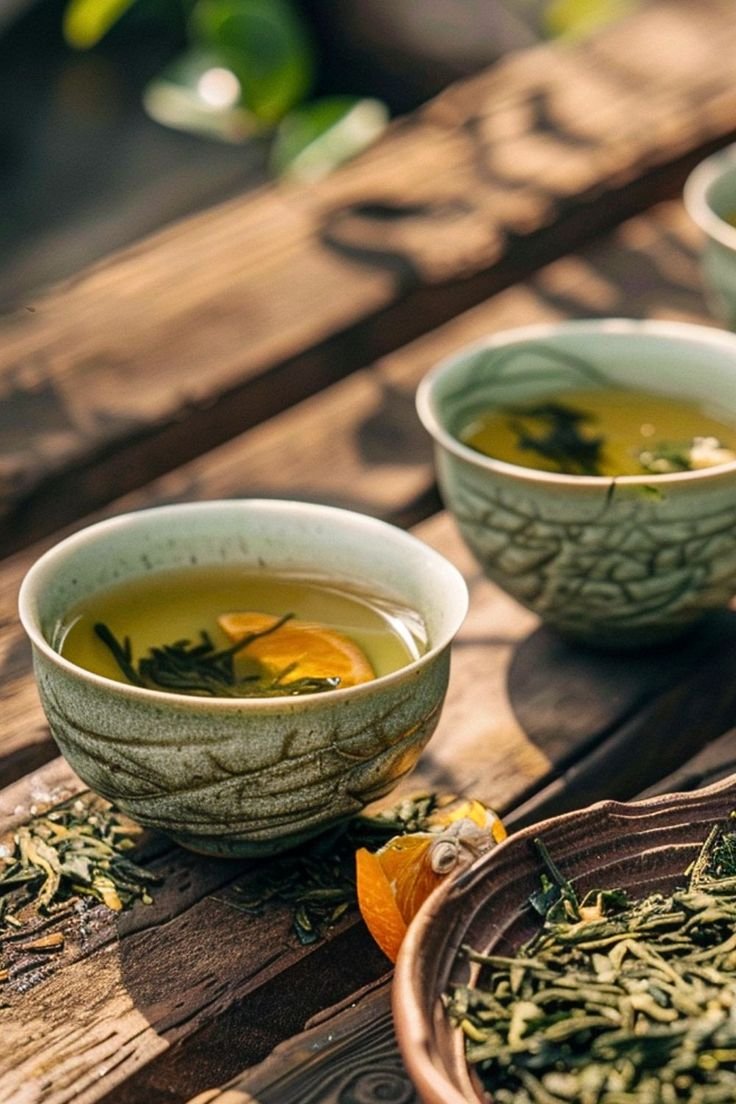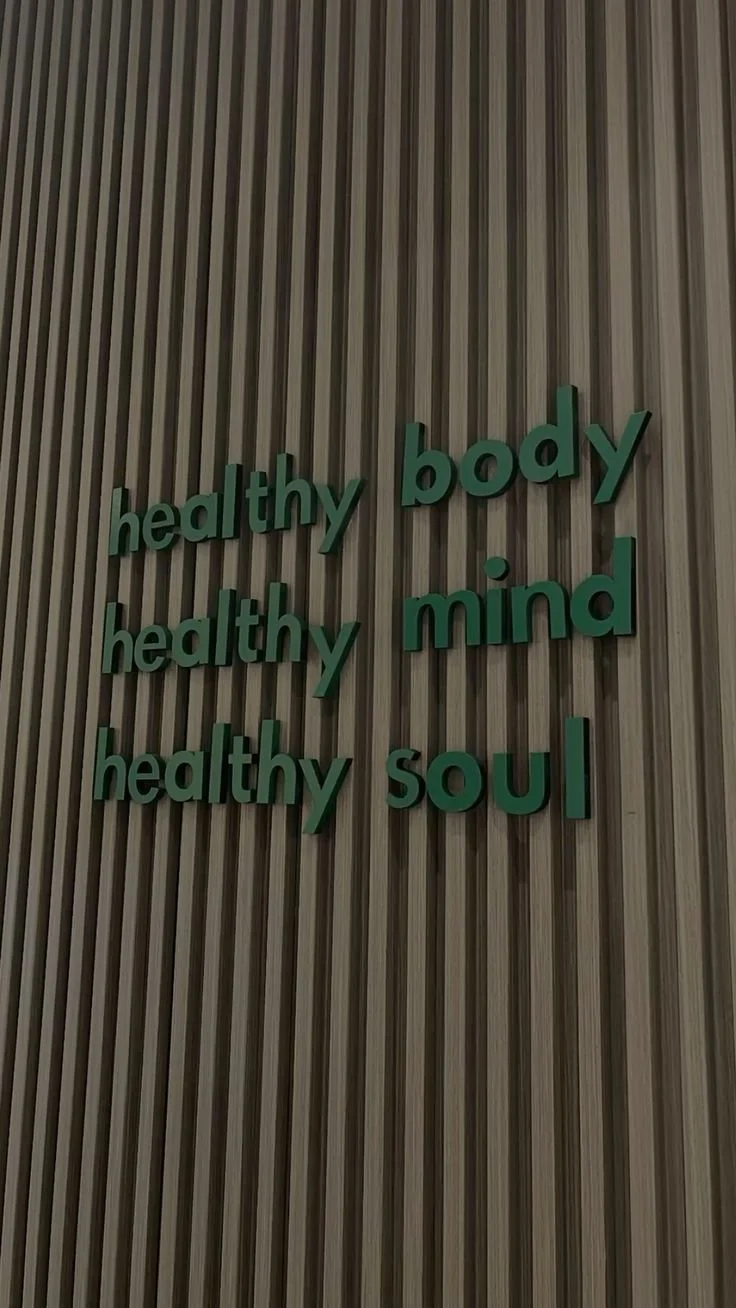Top 5 Tips To Preserve Eye Health With Hydration
Generally, everyone understands the need to be hydrated for general health. As the human body is around 60% water, being hydrated is critical for a variety of physical activities and overall health and wellness.
But are you aware of the fact that your water intake can significantly impact your eye health? Dehydration may cause eye issues such as fatigue, dry eye, dizziness, and headaches.
When your water intake is not adequate, you may feel that your eyes hurt while blinking. You may also experience red and itchy eyes.
In this article, we will discuss how vital eye hydration is in protecting your vision, providing practical suggestions for keeping your eyes moist and healthy.
No. 1
Impact of Hydration on The Eye
Your eyes are made of a significant amount of water. Adequate hydration keeps the eyes lubricated and helps them wash out dirt and irritants.
Additionally, being hydrated aids in maintaining the equilibrium of pressure within the eye, which is critical for general eye health. If proper hydration is not maintained, the result is dehydration of the eyes, which causes irritating eye issues such as dry and itchy eyes.
Diving deeper into the topic of hydration, did you know that alkaline water specifically, having a pH of between 8.5 and 9.5, is far better at promoting better hydration than drinking water, which is between 6.5 and 8.5? This means that many of us essentially lack the adequate hydration that our bodies need.
Drinking alkaline water or water that has been ionized increases the level of hydration at a cellular level that simply cannot be attained with tap water. This raises the pH of drinking water by using electrolysis to separate the incoming water stream into acidic and alkaline components, producing antioxidant-rich water.
No. 2
Eye Issues That Arises Due to Dehydration
If your eyes are dehydrated, you may suffer a variety of unpleasant symptoms that might disrupt your everyday life. These symptoms may include the following:
The Burning or Gritty Sensation - It is often the first sign of ocular dryness. This soreness, burning, and gritty sensation in the eye can be very uncomfortable. You may find it challenging to concentrate and may feel constant annoyance.
Blurry Vision - When the eye lacks enough moisture, the surface of the eye may become uneven, causing visual problems. This blurry vision can limit your ability to read or drive.
Pain Due to Contact Lenses - Wearing contact lenses can be painful when the eye is dehydrated. The lenses may feel dry and irritating, causing you to be constantly aware of their presence. Dehydration can also restrict your ability to wear them for long periods.
Light Sensitivity - Dry eyes can also become sensitive to light. This condition is also known as photophobia. Bright lights can induce discomfort and aversion to well-lit surroundings. This condition may limit your everyday activities and exposure to both natural and artificial light.
Sandiness: Are you wondering why does my eye hurt when I blink? Well, you might be facing sandiness in your eye due to a lack of moisture. It is a condition in which it might seem like particles are trapped in your eye. It can result in persistent pain and the desire to touch or scratch the eye, exacerbating the issue.
Eye Strain: If you feel strain, tightness, or hurting around the eye, you may be experiencing dry eye. Along with dehydration, prolonged screen time, reading, or other visually demanding activities can exacerbate these symptoms.
Headaches: The eye and the brain are inextricably linked. So, pressure resulting from the lack of eye hydration can cause headaches, adding to the total pain.
No. 3
5 Tips for Maintaining Eye Health With Hydration
In today's digital world, where displays and electronics dominate our everyday lives, taking care of your eyes has never been more crucial. Here are five specific strategies for keeping your eyes healthy with adequate hydration:
Drink Plenty of Water - To keep your eyes hydrated, it is generally advised to drink at least 8-10 glasses of water every day.
Eat Hydrating Foods - Cucumbers, watermelon, oranges, and celery are high-water foods that can help you stay hydrated and improve your vision. Including these hydrated items in your meals and snacks helps keep your eyes feeling fresh and moisturized.
Limit Intake of Dehydrating Substances - Excessive coffee or alcohol consumption can lead to dehydration, impairing ocular comfort and functionality. By limiting your consumption of dehydrating substances, you can maintain appropriate hydration and benefit your eye health in the process.
Follow the 20-20-20 Rule - Do you spend lengthy periods looking at screens, either for work or entertainment? Continuous screen usage can cause strained and dry eyes. To avoid this, apply the 20-20-20 rule. Every 20 minutes, take a 20-second break and stare at anything 20 feet away. This straightforward procedure can relieve your eyes and keep them from becoming too dry.
Use Humidifiers - Dry indoor environments, especially during winter or in air-conditioned spaces, can contribute to eye dryness and irritation. Using a humidifier in your home or workspace can help maintain an optimal level of moisture in the air, reducing the likelihood of dry eye. This is particularly beneficial for individuals who experience discomfort due to environmental dryness.
Takeaways
To summarize, dehydration can cause a variety of unpleasant symptoms, including burning, grittiness, blurred vision, and dry eye. You might also suffer from difficulty wearing contact lenses and increased sensitivity to light. It's crucial to ensure eye hydration promptly to alleviate these symptoms and prevent further discomfort.
Incorporating strategies such as drinking enough water, taking regular breaks from the screen, using humidifiers, and ensuring proper eye care can help maintain optimal eye moisture levels and minimize the impact of dehydration-related symptoms.
THE LIST
WELLNESS
✔️
KANGEN WATER
Are you looking to elevate your hydration experience? Look no further than Kangen Water. This innovative water technology promises to revolutionize the way you hydrate, bringing you all the benefits of alkaline water right to your home.
Kangen Water is not just any ordinary water—it is engineered to provide optimal hydration with its unique alkaline properties. By adjusting the pH level of your water, Kangen Water helps neutralize acidity in the body, promoting overall health and well-being.
Experience the difference with Kangen Water—say goodbye to regular tap water and hello to a new level of hydration. Join the countless individuals who have already made the switch and are enjoying enhanced vitality and health.






























